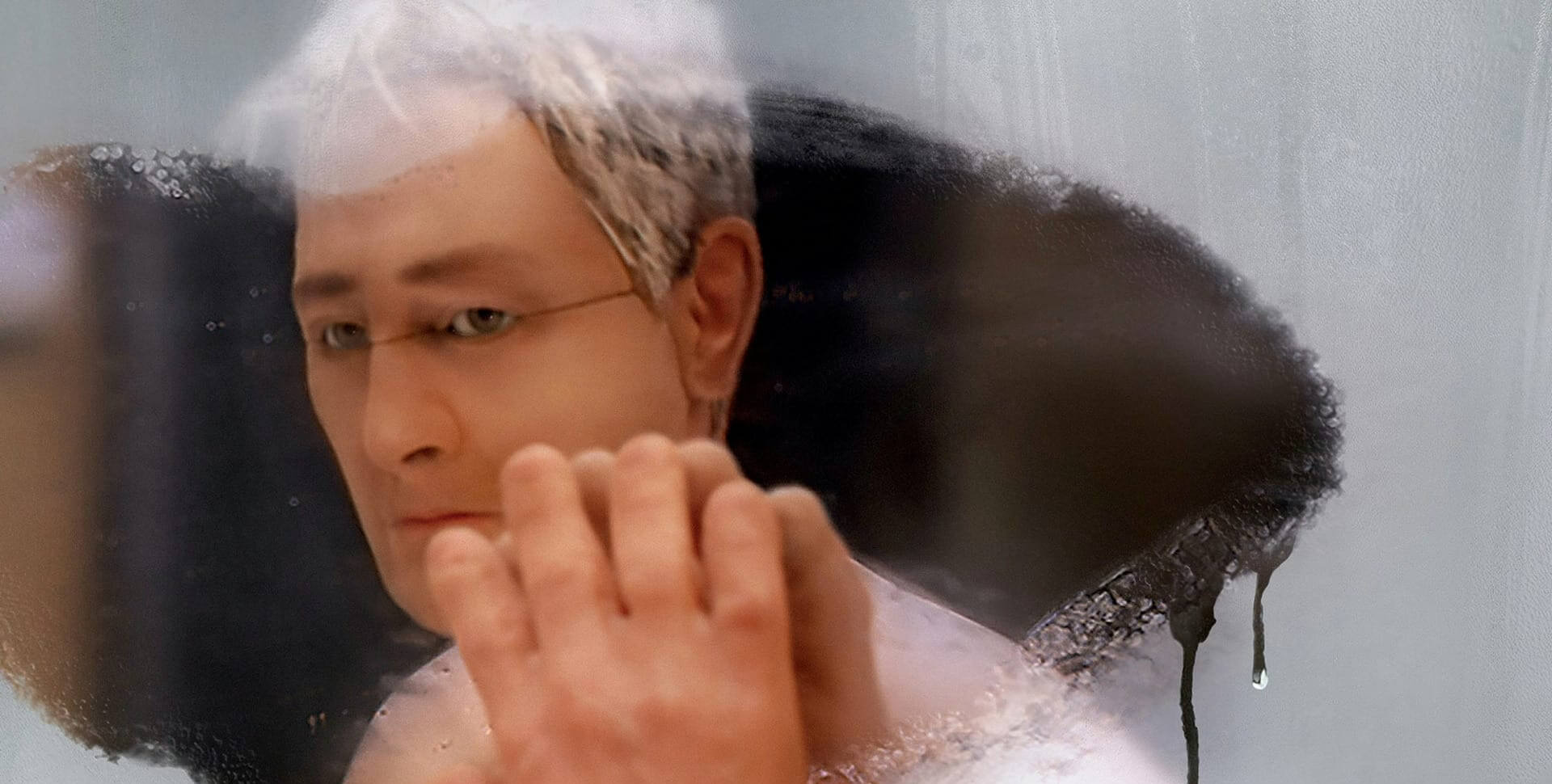Anomalisa is the 2015 stop-motion feature film from acclaimed director/screenwriter Charlie Kaufman. Together with Duke Johnson, the two breathe life into the story of Michael Stone, a customer service guru who is going through the motions of his mundane life. A routine business trip takes him to the Fregoli hotel where he meets Lisa, a customer service representative, who is serendipitously there to attend the very conference at which Michael is to deliver a talk. The two take up each other’s company and the rest is history. This is a story as old as time itself, but what’s remarkable isn’t the nuts and bolts, but rather what has been made with these parts.
My Dear Enchantress. For those familiar with Kaufman’s work (Eternal Sunshine of the Spotless Mind, Synecdoche New York) and Johnson’s work (Mary Shelley’s Frankenhole, Abed’s Uncontrollable Christmas), it will come as no surprise that this film is, simply put, beautiful. It’s a looker. Anomalisa is visually distinctive and its images will linger on the brainpan long after the viewing has concluded. This film’s hyper-realistic stop-motion animation is not only a sumptuous spectacle, but it also serves to blur the line between the real and the synthetic and interrogates our notions of verisimilitude. Interestingly, for an animated film that sometimes doesn’t even look animated, the puppets’ facial seams have been left intact. Intended or not, all of this seems to speak to the metaphysical nature of Kaufman’s work. This interaction between form and theme brings a layer of intricacy to the film’s impressive images. And impressive images they are! The cinematography was done by Joe Passarelli. The degree of detail displayed is incredible. Surely, one of the most well-known images associated with the film currently is the shot of Michael’s back backlit by the morning sun. Take a close look at that still: from the infinitesimal sweater fibers to the way the light highlights the luminosity of Michael’s skin and greying hair, it’s clear that Kaufman and Johnson meticulously attended to every detail of this film. And this is but one image! One could write a rhapsody about the sex scene in this film. (Abandon all your previous notions of puppet sex. This is not that.) Of course, attention to detail was the duo’s intention all along as the impetus for using puppets is that they offer complete creative control. Their devotion is evident and this is what makes Anomalisa an enchanting experience.
It’s Kafka, no! I mean, Kaufman… Anomalisa — a portmanteau of anomaly and Lisa — is itself an anomaly in many ways. This is a film based on a “sound play”, which involves the actors sitting on stage reading from the script accompanied by music from a band and sound from a foley artist. The play is written by Francis Fregoli, who most of us will refer to as Charlie Kaufman. Anomalisa went into production with less than half a million dollars from a Kickstarter campaign. (Subsequent funding was secured by the production company.) Its cast consists of three people--David Thewlis, Jennifer Jason Leigh, and Tom Noonan—who provide the voices to its sui generis animation. A lot of things about Anomalisa make it a deviation from the norm, from the way most movies are; and yet, amongst all its deviations, this film is familiar in that its themes are uniquely and expressly in Kaufman’s wheelhouse. Michael Stone is a customer service guru who cannot seem to connect with anyone. To him, they might as well all have the same face and the same voice; and, we see this manifest in the film. Some may think that he suffers from Fregoli delusion, but Kaufman is never quite as literal. Instead, Anomalisa offers a healthy dose of distortion to its filmic reality so we’re never quite sure whether Michael actually sees everyone as the same or interprets everyone the same. Fans of Kaufman’s work will recognize this to be a commonality of much of his work: the blurring of lines between people and identities; connect or disconnect between people; the human condition and the existential crisis and perhaps, even mental illness. Other Kaufman signatures are equally apparent: This picture is steeped in irony. A cursory viewing of the trailer reveals Michael’s voiceover waxing poetic about people’s individualism, as he’s inundated with images of one face paired with one voice over and over again. In this irony, we find characters and situations that generate offbeat humor. Leaving no stone unturned, Michael’s emotional crisis is even manifest in his name. Themes and ideas percolate all of Kaufman’s films and as per usual, they are handled with gravitas and humor and it makes for a truly human, truly thought-provoking film.
Be Still My Heart… Lisa is never painted as a stock character whose sole purpose is to show Michael how life is actually so much better than he believes it to be. Lisa is not peppy, perfect, or eccentric. In fact, she is wholly ordinary; and yet, paradoxically, she isn’t. She happens to be the only face and voice that stands out to Michael. Perhaps, such is the ineffable nature of attraction. Whether you ascribe it to Emily Dickinson, Jessa Johansson (Jemima Kirke), or Selena Gomez, the heart wants what the heart wants. Lisa aches of the women we all meet in Anytown, Anywhere who is quietly getting by in a lackluster job. She’s had her share of sadness amidst the happy and she’s slightly insecure. Leigh’s voice is a fitting blend of delicate and buoyant and for all of Lisa’s alleged unremarkable qualities, she is lived in and memorable. The romance she shares with Micheal is simple and heartfelt.
Not your average story of life and love.

Watch Anomalisa now via Amazon

